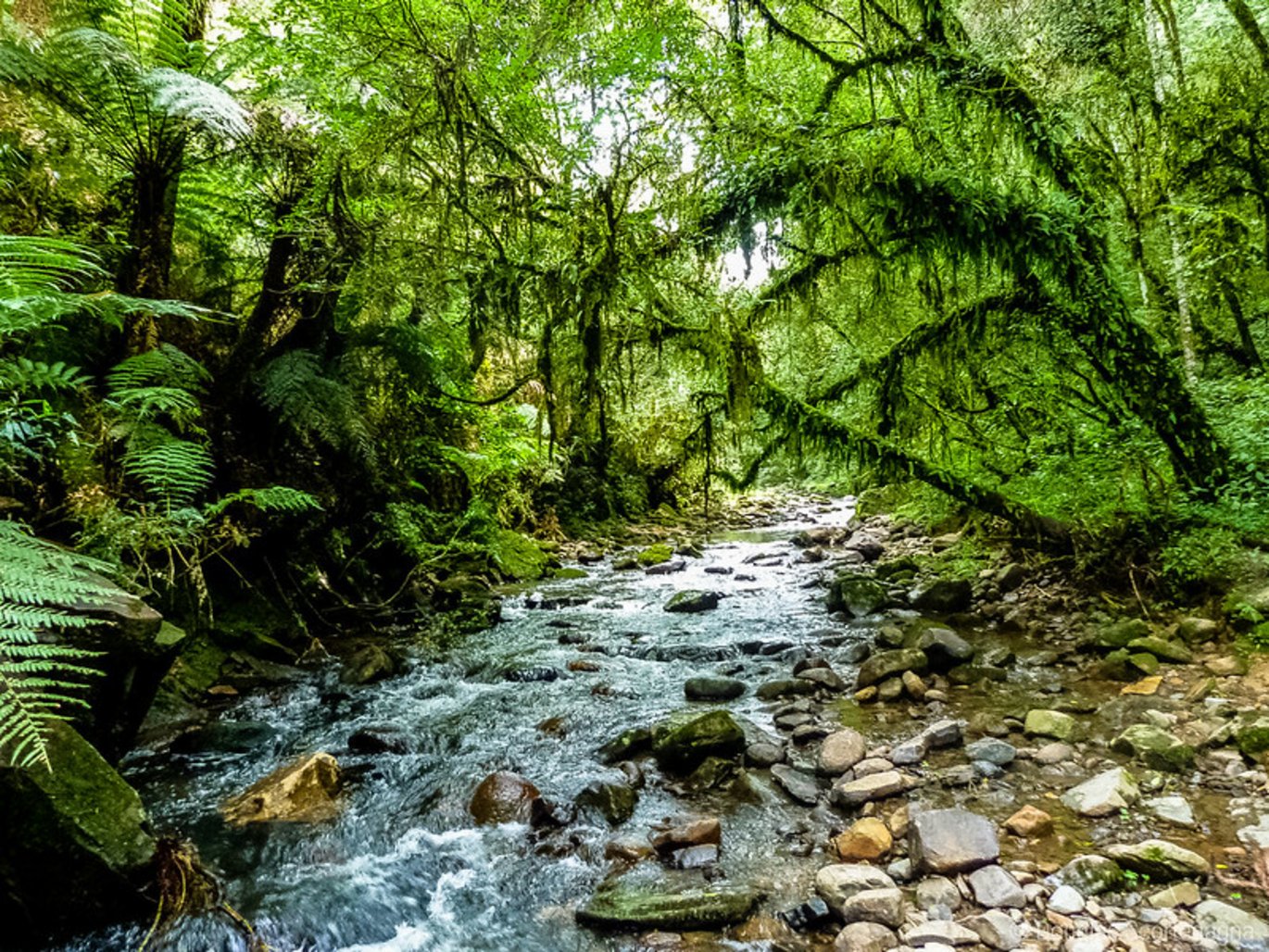Migration and ownership of nature: Latin America, 19th and 20th centuries
This Owning Nature series event featured presentations from two scholars, plus dialogue and conversation.

Info about event
Time
Location
Online (Zoom)
Owning the climatic Other(s): German migration, imperial science, and the translation/colonization of local ecologies in subtropical South America
Eduardo Relly (UNISINOS, São Leopoldo/Rachel Carson Center, Munich)
Abstract: German colonization in subtropical South America began in the early 19th century, lasted for almost 150 years, and shaped one of the most massive projects of transnational forest colonization and agricultural exchanges in history. As scientists and German colonists engaged in “subtropical acclimation”, they made use of complex and “exotic” environmental and climatic knowledge, often taking the climatic patterns of subtropical South America for granted and failing to consider the native-hybrid ecologies that informed climatological/environmental or even “natural” data. Research has showcased that rather than being a natural/physical category, the subtropical climate was an outcome of the deprivation and invisibility of local ecologies. This talk stresses the cultural translation/colonization of environmental and climate data and the role played by scientific inputs and global networks in the process of converting local ecologies into the concept of the “subtropical”. At the same time, it aims at emphasizing the role played by native/hybrid ecologies/otherness in building the “subtropical” environment, since they had shaped forest cover, precipitation patterns, hydrological cycles, and biota distribution for centuries
“We had all heard that the future of Bolivia was in the East”: The Postrevolutionary Re-Imagining of Bolivia’s Eastern Lowlands
Ben Nobbs-Thiessen (University of Winnipeg)
Abstract: The above quote from Jaime Bravo, an indigenous Aymara from La Paz in the western highlands of Bolivia, recounts the spatial imaginary that drove him, and hundreds of thousands of other Andeans to resettle in Bolivia’s tropical lowlands – stretching from the Amazon basin into the semi-arid Gran Chaco after the country’s 1952 Revolution. How did a nation economically and demographically concentrated in the Andes re-cast itself at mid-century? To what extent does Bolivia’s spatial re-imagining correspond to other South American nations that also looked “inward” to lowland landscapes in the 20th century? This talk examines how the Bolivian state, regional elites and waves of foreign and national settlers laid claim to nature in a region that has seen profound economic and environmental change since 1952.
***
Eduardo Relly is a historian with a background in environmental and global history, history of knowledge, and migration studies. He has worked on the transfer of agricultural, sylvan and climate knowledge in the cultural-environmental zone established by German migrations to Latin America since the early nineteenth century. He is a postdoctoral researcher at Universidade Vale do Rio dos Sinos in southern Brazil and a visiting scholar at the Rachel Carson Center, Munich. He is currently working on two monographs: One titled Sob a sombra dos commons: migração, ambiente e capital social no Brasil meridional and one based on his PhD dissertation (FU Berlin, 2019) scheduled for publication in 2022.
Ben Nobbs-Thiessen is an Assistant Professor of History and the Chair in Mennonite Studies at the University of Winnipeg. He has conducted research in Bolivia, Mexico, Paraguay, and Canada and has published on Bolivian history, the Chaco War, and the expansion of the low-German Mennonite diaspora across the Americas. His book, Landscape of Migration: Mobility and Environmental Change on Bolivia's Tropical Frontier, 1952 to the Present was published by the University of North Carolina Press, in 2020.
